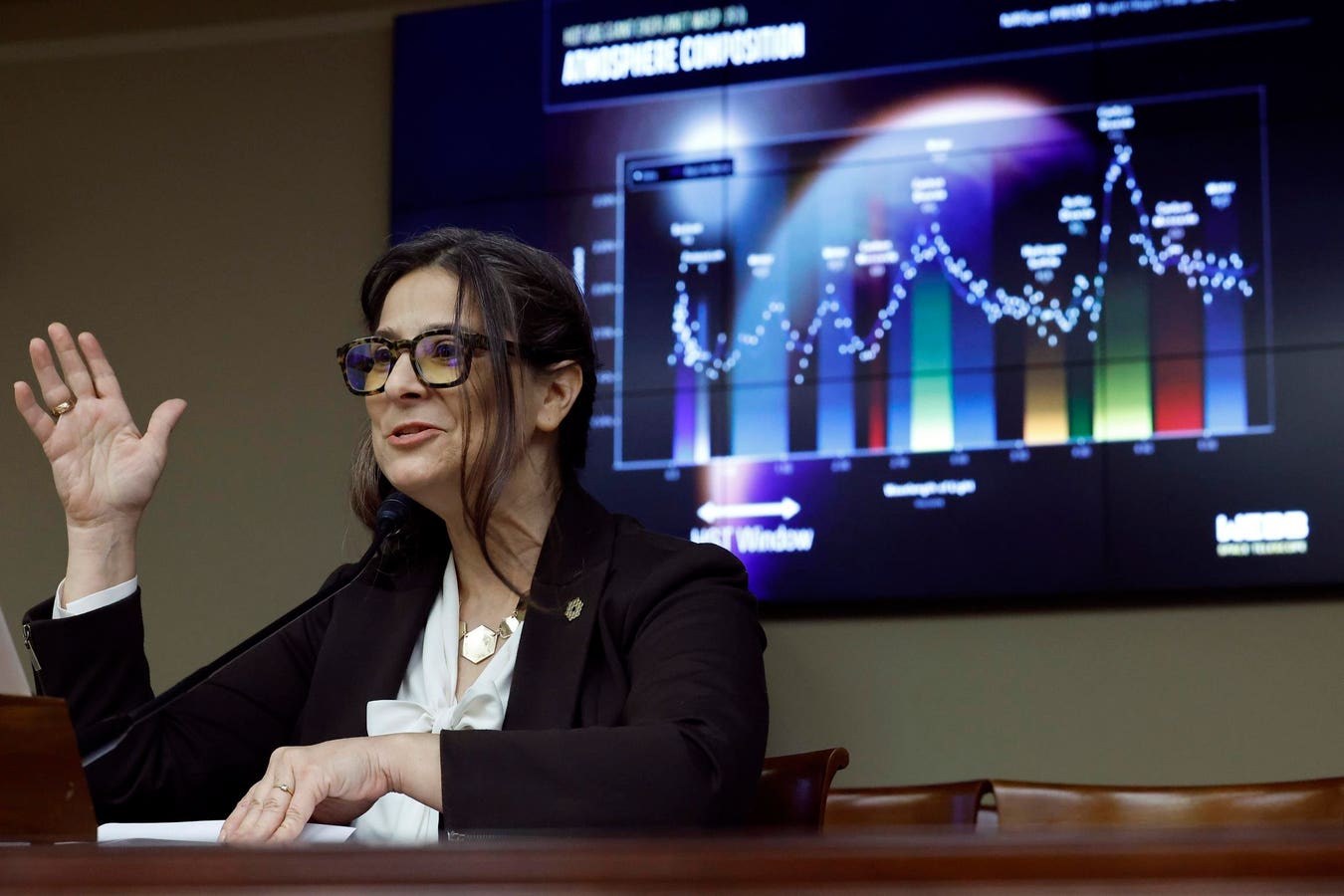“People are often curious about how much energy a ChatGPT query uses,” Sam Altman, the CEO of OpenAI, wrote in an aside in a long blog post last week. The average query, Altman wrote, uses 0.34 watt-hours of energy: “About what an oven would use in a little over one second, or a high-efficiency lightbulb would use in a couple of minutes.”
For a company with 800 million weekly active users (and growing), the question of how much energy all these searches are using is becoming an increasingly pressing one. But experts say Altman’s figure doesn’t mean much without much more public context from OpenAI about how it arrived at this calculation—including the definition of what an “average” query is, whether or not it includes image generation, and whether or not Altman is including additional energy use, like from training AI models and cooling OpenAI’s servers.
As a result, Sasha Luccioni, the climate lead at AI company Hugging Face, doesn’t put too much stock in Altman’s number. “He could have pulled that out of his ass,” she says. (OpenAI did not respond to a request for more information about how it arrived at this number.)
As AI takes over our lives, it’s also promising to transform our energy systems, supercharging carbon emissions right as we’re trying to fight climate change. Now, a new and growing body of research is attempting to put hard numbers on just how much carbon we’re actually emitting with all of our AI use.
This effort is complicated by the fact that major players like OpenAi disclose little environmental information. An analysis submitted for peer review this week by Luccioni and three other authors looks at the need for more environmental transparency in AI models. In Luccioni’s new analysis, she and her colleagues use data from OpenRouter, a leaderboard of large language model (LLM) traffic, to find that 84 percent of LLM use in May 2025 was for models with zero environmental disclosure. That means that consumers are overwhelmingly choosing models with completely unknown environmental impacts.
“It blows my mind that you can buy a car and know how many miles per gallon it consumes, yet we use all these AI tools every day and we have absolutely no efficiency metrics, emissions factors, nothing,” Luccioni says. “It’s not mandated, it’s not regulatory. Given where we are with the climate crisis, it should be top of the agenda for regulators everywhere.”
As a result of this lack of transparency, Luccioni says, the public is being exposed to estimates that make no sense but which are taken as gospel. You may have heard, for instance, that the average ChatGPT request takes 10 times as much energy as the average Google search. Luccioni and her colleagues track down this claim to a public remark that John Hennessy, the chairman of Alphabet, the parent company of Google, made in 2023.
A claim made by a board member from one company (Google) about the product of another company to which he has no relation (OpenAI) is tenuous at best—yet, Luccioni’s analysis finds, this figure has been repeated again and again in press and policy reports. (As I was writing this piece, I got a pitch with this exact statistic.)







